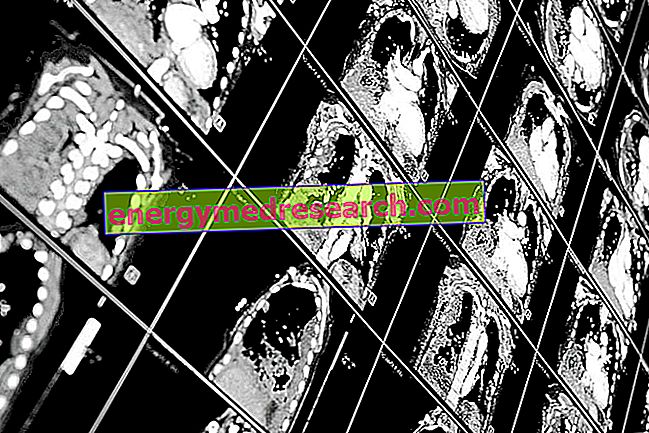Related articles: Dry mouth
Definition
The dry mouth, or xerostomia, is a symptom caused by a reduced or absent saliva flow. A reduction in salivation can lead to halitosis, burning of the oral cavity, irritation of the gums, alteration of taste, dental caries, difficulty speaking and swallowing. In addition, long-term xerostomia patients are more vulnerable to bacterial and fungal infections of the oral cavity (eg oral candidiasis).
Xerostomia occurs most commonly in elderly patients and in those who use particular drugs (anticholinergics, antihypertensives, chemotherapy and many others) or undergo radiation treatments for cancer (radiotherapy). The dryness of the oral cavity can also be caused by systemic diseases, such as Sjögren's syndrome, HIV / AIDS infection, leprosy, amyloidosis, diabetes and tuberculosis. The dry mouth can also be a consequence of trauma, states of anxiety, excessive oral breathing and dehydration. Tobacco and alcohol abuse also reduce saliva.
Possible Causes * of Dry Mouth
- AIDS
- Amyloidosis
- Anxiety
- Night apnea
- Rheumatoid arthritis
- Botulism
- Bruxism
- Primary biliary cirrhosis
- Diabetes
- Herpes zoster oticus
- Pregnancy hyperemesis
- Jet lag
- Leprosy
- Scleroderma
- Mouth Urente syndrome
- Pickwick syndrome
- Prader-Willi syndrome
- Sjögren syndrome
- Fibromyalgia syndrome
- Tuberculosis



